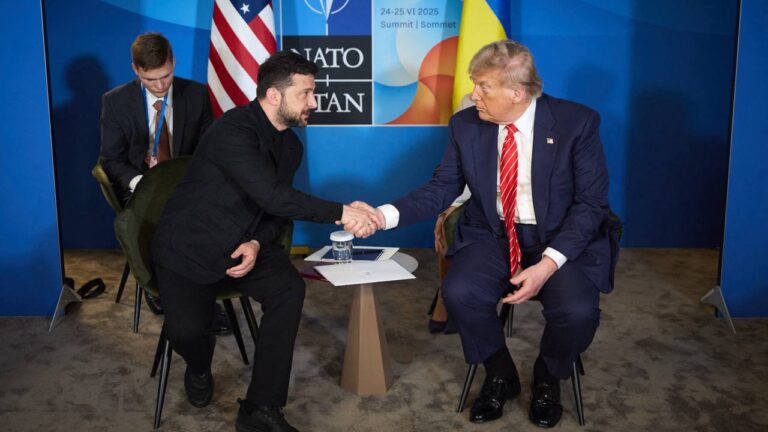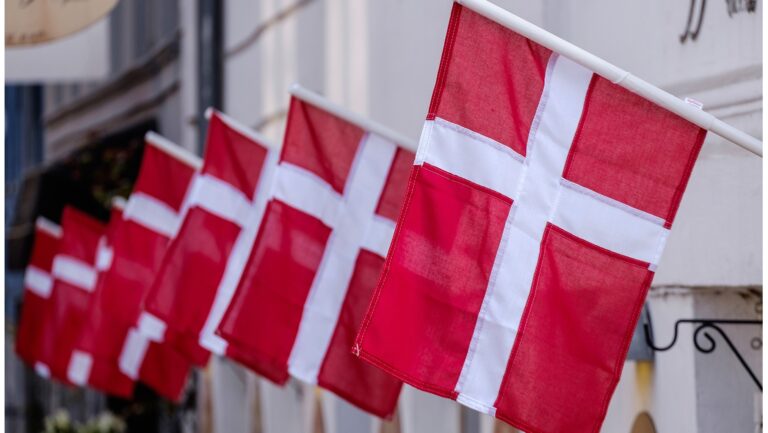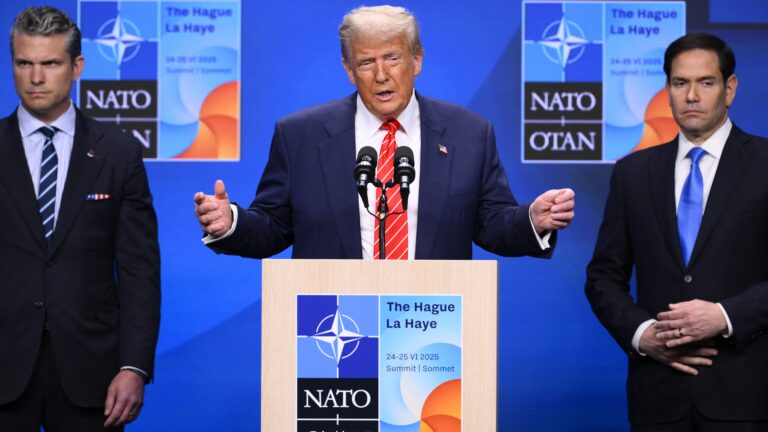The following is a translation of an article written by Áron Miszlivetz, a researcher at the Europe Strategy Institute of the University of Public Service, originally published on the Five Minutes Europe blog of Ludovika.hu.
The European Union reached a critical turning point four months before the European Parliament elections. As well as launching their own campaigns, it has become important for European politicians to set real and important goals for the people, strengthening economic competition, social welfare, and the continent’s security, for which the enlargement of the Western Balkans could be a good starting point.
The European Union’s mostly crisis-following, rather than crisis-preventive, approach was demonstrated both in the 2019 COVID-19 pandemic and in the Russian–Ukrainian war that started in 2014 and escalated in 2022. The EU has also gained a significant competitive disadvantage in areas such as the automotive industry and energetics, but the economic downturn has also been openly exposed by the contrasts between agriculture and climate policy. The question is what new opportunities and directions EU Member States can take to strengthen their own social economy, be open to new markets, and develop new technologies that could find a solvent demand across the Atlantic or even in China.
One of the EU’s appeals is its ability to integrate economic regions in its immediate neighbourhood, where it can reap mutual benefits. This is also true for the candidate countries of the Western Balkans, whose
future membership has geopolitical and security policy benefits in addition to economic advantages.
The new Growth Plan for the Western Balkans, set out by the European Commission in November 2023, is based on four pillars, which can help to achieve objectives through indirect financial support. The first pillar is enhancing economic integration with the European Union’s single market in legal, financial, and infrastructural terms. The benefits of this can be seen in high-quality investments and market development, thus creating a single European system for small and medium-sized enterprises. A prerequisite for this is the second pillar, which aims to develop economic integration within the Western Balkans Six through the Common Regional Market, which has the potential to boost economic performance by 10 per cent. Of course, an essential tool for an appropriate, merit-based enlargement policy is the implementation of institutional–political–social reforms, which should be a facilitator, not a barrier, to the integration of the region in the third pillar. As the last and fourth pillar, the 4-year cycle of the Reform and Growth Facility for the Western Balkans for the period 2024–2027 will provide nearly €6 billion (of which €2 million in direct grants) for economic reforms in the region.
Looking at the map of Europe, the South-East European region is in a key position in terms of opportunities and challenges, bordered by the Mediterranean Sea to the south (main migration route), the Aegean Sea to the south-east (main trade route), and the Black Sea to the east (main energy route, along geopolitical fault lines). In addition, in its immediate neighbourhood, Türkiye is a NATO ally and a major regional power. The masses, faced with the Arab Spring and then with deteriorating security–political–climatic conditions, are placing great weight on Europe’s social and economic sustainability, thus adequate security guarantees must be concluded with the Western Balkan candidate countries to ensure proper protection of the external borders, including the capacity of Frontex.
The European Union would be geopolitically strengthened by attracting new investment opportunities and energy connections (green corridors), including technology-intensive sectors and strategically important supply chains. Liquefied natural gas (LNG) and lower entry costs make the region highly attractive for the transport and logistics sector. This could make the region a major player not only in the energy industry but also in the defence industry. From a global perspective,
the economic superpower rivalry between the US and China means that Europe must assert its own interests through enlargement.
According to experts, Europe is now at a turning point in terms of social and technological change. The pandemic and the war have transformed the EU’s supply chains as well as its economic and energy partners, making it more autonomous in these areas. In the long term, strategic autonomy could be the key to recovery and sustainable development, where the European Union can generate its own energy needs and maintain its defence industry and technological competitiveness.
Regional integration as an economic and technological engine can provide many new opportunities for the less developed Eastern and Central European region, and, by linking this region with South-Eastern Europe, a super-region can be created between the V4 and the Western Balkan Six. This will take advantage of geographical and economic openness, as in the case of Hungary, where technology-intensive and export-oriented investments are being created. Besides, new technologies, such as artificial intelligence, data science, or bioinformatics can offer new perspectives for societies, too. Hopefully, during the Hungarian and subsequent EU presidencies in 2024, the European integration of the candidate countries will also be accompanied by an interregional development that can be a new economic engine for the continent. To this end, direct EU funds and targeted cohesion support could complement cross-border economic development. This requires coordination and harmonization of EU, regional, and local development, which is no small task for policymakers, as several externalities can decelerate the process, such as war economy, political uncertainty, or climate change. To address this, the EU needs to tackle both new and unknown challenges and ensure that policy objectives are in line with societal expectations.
Enlargement to the South is therefore a historic opportunity for the EU to become the continent’s number one soft power, in terms of size, feasibility, and potential. To this extent, the European project must be renewed in its instruments and institutions, as the new challenges require a completely different kind of European Union.
Related articles:
Click here to read the original article.








